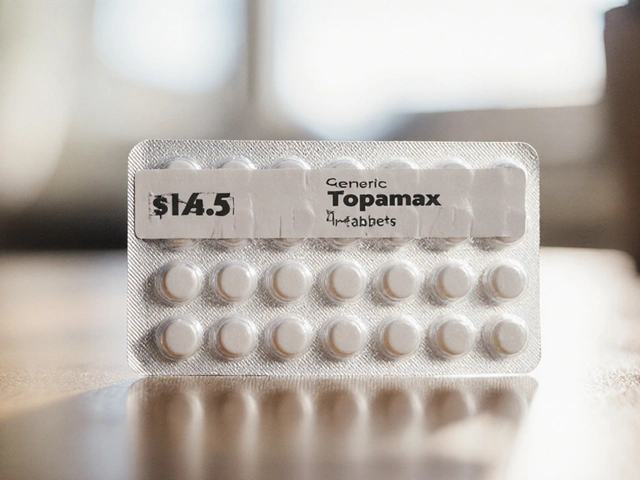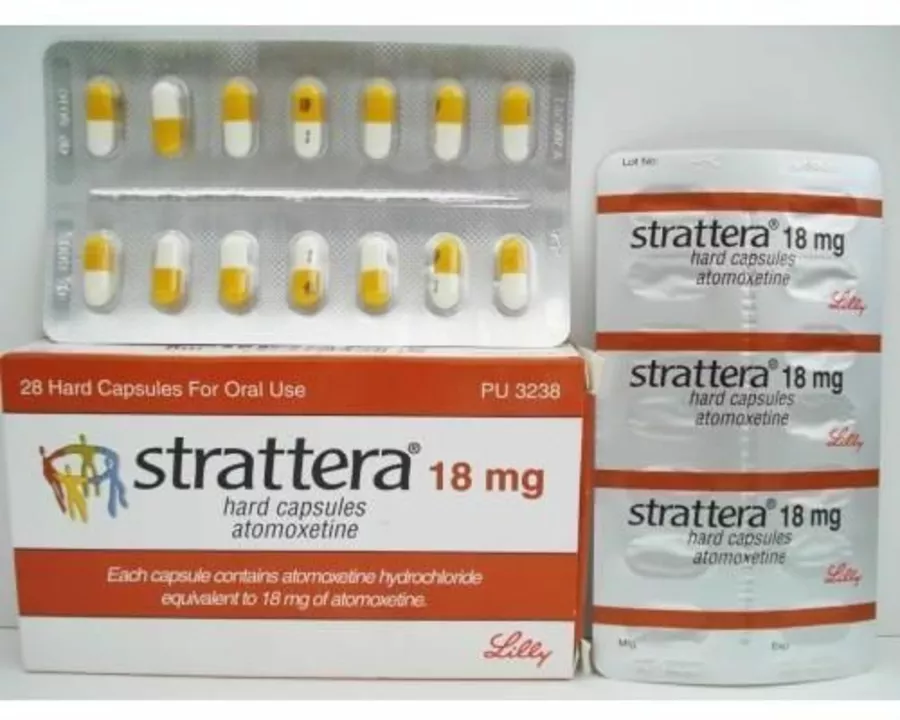Mental Health: Practical Advice, Treatments, and When to Get Help
If you’re dealing with anxiety, depression, or mood swings, you don’t have to guess what to do next. This page collects clear, practical info on common conditions, signs to watch for, treatment options, safety steps, and reliable next steps. Use these short guides to figure out whether you should try self care, see a clinician, or seek urgent help.
Quick signs and when to act
Sleep, appetite, energy, motivation and concentration often change with mental health problems. Watch for sudden withdrawal, talk about hopelessness, increased risk taking, or giving away possessions. If someone talks about death, has a plan, or becomes suddenly calm after a period of deep despair, treat that as an emergency and contact local crisis services or emergency care right away.
Treatment choices that actually help
Therapy and medication both work for many people. Cognitive behavioral therapy helps with anxiety and depression by changing unhelpful thinking and behavior. Medications, like antidepressants, mood stabilizers, or stimulants, can reduce symptoms when used the right way. Some medicines help anxiety for some people but can make it worse for others. For example, atomoxetine is mainly prescribed for ADHD but has mixed effects on anxiety. Some patients report less worry, others report more nervousness. Talk to the prescriber about past reactions and side effects.
Start with one change at a time. Track symptoms for two to six weeks after a new drug or dose change, and keep an updated list of all medicines and supplements. Ask your clinician about common side effects and interactions with alcohol or other drugs. Never stop a psychiatric medicine suddenly without medical advice. If a medication seems to increase anxiety or suicidal thoughts, contact your provider immediately.
Create a simple safety plan. Write down warning signs, coping steps you can do alone, people to contact, and professional numbers. Put crisis hotlines and your clinician’s phone where you can find them. Removing sharp objects, extra pills, or guns from home can reduce risk while you get help.
Small daily steps can change how you feel. Aim for regular sleep, short walks, balanced meals, and limits on alcohol. Try five minutes of focused breathing when anxiety spikes. Keep a short mood log to track what helps and what hurts. Lean on a friend or support group, and be honest about what you need. Small habits stack into steady improvement over weeks. Reach out early, not later, for help.
Read more on this page: The Link Between Depression and Suicide: Warning Signs and Prevention — a guide on recognizing risks and protecting someone in crisis. Atomoxetine and Anxiety: Can it Help or Hurt? — an honest look at how this ADHD medication can affect anxiety and what to ask your prescriber.
If you are unsure what to do next, book an appointment with your doctor, a local mental health clinic, or a telehealth provider. If you are in immediate danger, call emergency services or your local crisis line now.
How to Calculate Total Cost of Therapy Beyond the Copay
Therapy costs go far beyond your copay. Learn how deductibles, coinsurance, session frequency, and out-of-network fees add up - and how to calculate your real out-of-pocket cost for mental health care.
Eating Disorders: Understanding Anorexia, Bulimia, and What Actually Works in Treatment
Anorexia and bulimia are life-threatening mental illnesses affecting millions. Learn the real signs, what evidence-based treatments actually work, and why so many people can't get the care they need.
Behavioral Weight Loss Therapy: Cognitive Strategies That Work
Behavioral weight loss therapy using cognitive strategies helps you change how you think about food-not just what you eat. Learn the proven techniques that lead to lasting results.
Pharmacogenomic Testing for SSRIs: How CYP2C19 and CYP2D6 Affect Side Effects
Pharmacogenomic testing for CYP2C19 and CYP2D6 can reveal why some people experience severe side effects from SSRIs like Lexapro or Zoloft. Learn how your genes affect drug metabolism and what to do next.
Living with Mycosis Fungoides: How It Affects Your Emotions
Explore how Mycosis Fungoides affects emotions, common mental health challenges, coping strategies, and when to seek professional help for a better quality of life.
Calcipotriol and Mental Health: How This Psoriasis Treatment Affects Well‑Being
Explore how calcipotriol, a vitamin D analog for psoriasis, influences mental health, quality of life, and well‑being, backed by research and practical tips.
The Link Between Depression and Suicide: Warning Signs and Prevention
In my latest post, I explore the profound connection between depression and suicide, highlighting that untreated or severe depression significantly increases the risk for suicidal thoughts and actions. I delve into the warning signs of suicide, such as changes in behavior, feelings of hopelessness, and talk of death or suicide. I also discuss the importance of prevention strategies, such as seeking mental health support, creating a safe environment, and encouraging open communication about feelings. It's a heavy topic, but one that we must address to help save lives. Remember, it's absolutely okay to reach out if you or someone you know is struggling.
Atomoxetine and Anxiety: Can it Help or Hurt?
In my latest blog post, I explored the relationship between Atomoxetine and anxiety. Many people wonder whether this medication can help or hurt individuals suffering from anxiety disorders. From my research, I discovered that Atomoxetine is primarily prescribed for treating ADHD, but it has also shown some promising results for anxiety management in certain cases. However, it's crucial to remember that everyone's experience with medication is unique, and it may not be the best solution for everyone. Always consult with a medical professional before trying any new treatment for anxiety or other mental health conditions.
About
Mental Health
Latest Posts


Fulvicin (Griseofulvin) vs. Top Antifungal Alternatives: What Works Best Today
By Marcel Kornblum Oct 30, 2025

Buy Cheap Generic Topamax Online - Safe Guide & Price Comparison
By Marcel Kornblum Oct 9, 2025

Tansy Safe Dosage: Benefits, Risks, and Toxicity Explained for Everyday Use
By Marcel Kornblum Apr 29, 2025








